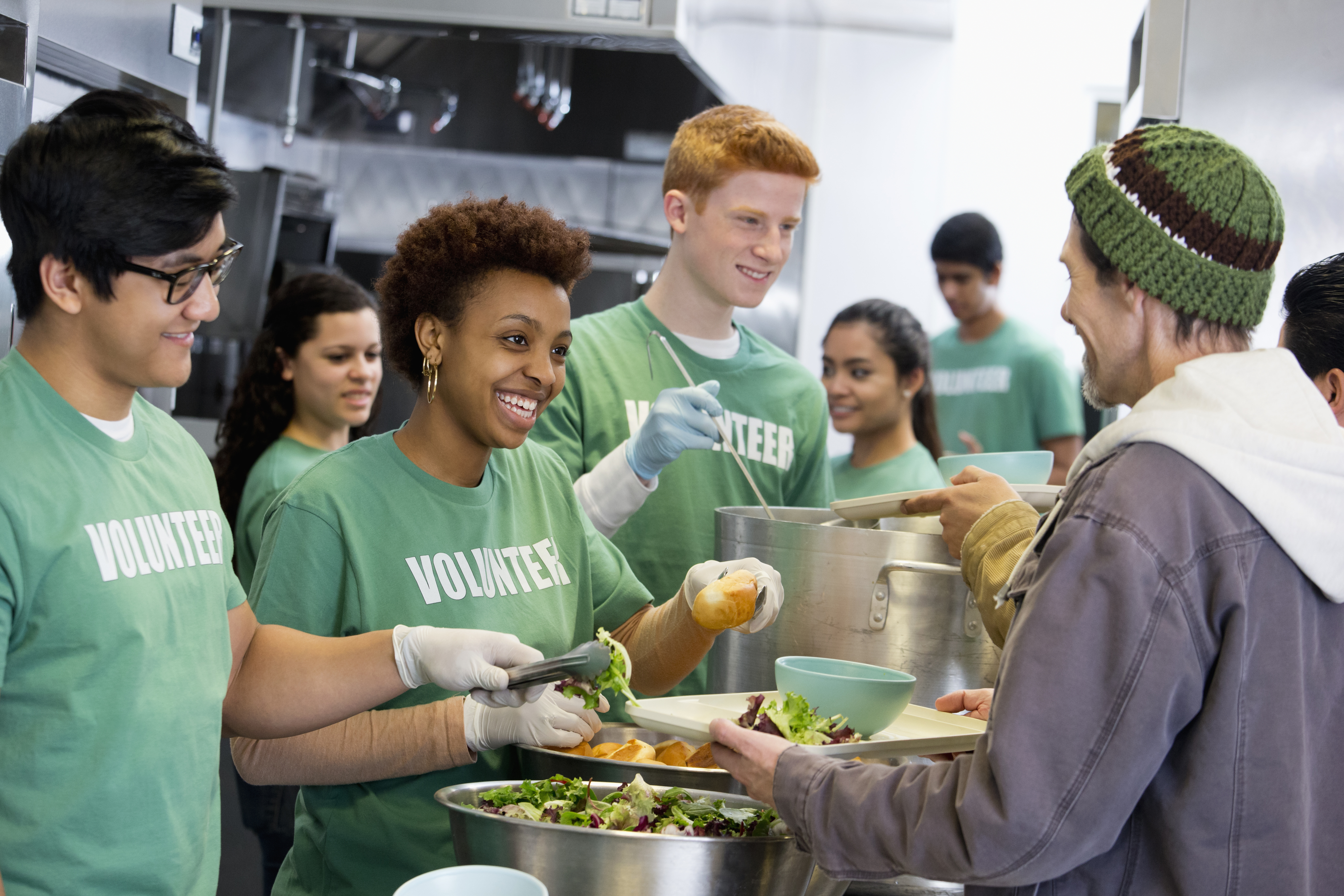Discussing the Value of Campus Visits and How to Make the Most of Them
Introduction
Choosing the right college is a significant decision, and one effective way to gain valuable insights is through campus visits. Campus visits offer a firsthand experience of the college environment, allowing prospective students to assess the campus culture, facilities, and overall fit. In this blog post, we will explore the benefits of campus visits and provide practical tips on how to make the most of these visits. By understanding the value of campus visits and maximizing their potential, students can make informed decisions about their higher education journey.
Benefits of Campus Visits
-
Assess Campus Culture: Campus visits provide an opportunity to experience the unique atmosphere and culture of the college. Interacting with students, faculty, and staff can help gauge the sense of community and support available.
-
Explore Facilities and Resources: Campus visits allow you to explore the campus facilities, such as classrooms, libraries, laboratories, and recreational spaces. Assessing the quality and accessibility of these resources helps determine if they align with your academic and personal needs.
-
Connect with Current Students: Engaging with current students can provide valuable insights into campus life. Ask questions, join campus tours, or participate in information sessions to gain perspectives on academics, extracurricular activities, and the overall student experience.
-
Experience the Surrounding Area: Campus visits offer the chance to explore the surrounding area and understand the local community. Consider factors such as safety, proximity to amenities, cultural attractions, and potential job or internship opportunities.
Making the Most of a Campus Visit
-
Plan Ahead: Research the college and its offerings before your visit. Create a list of specific areas or departments you want to explore. Check if the college offers guided tours or specialized sessions for prospective students.
-
Attend Information Sessions: Take advantage of information sessions hosted by admissions officers, academic departments, or specific programs of interest. These sessions provide deeper insights into the college's curriculum, extracurricular activities, and support services.
-
Engage with Students: Strike up conversations with current students during campus tours or in common areas. Ask about their experiences, majors, and involvement in campus life. Their perspectives can provide valuable firsthand insights.
-
Take a Campus Tour: Join a campus tour led by student ambassadors. Pay attention to campus facilities, residence halls, dining options, and other essential amenities. Visualize yourself as a student on campus and consider if it feels like a comfortable and supportive environment.
-
Attend Classes or Lectures: If possible, sit in on a class or attend a lecture relevant to your intended major or academic interests. This allows you to observe teaching styles, interact with faculty, and experience the academic environment firsthand.
-
Explore Extracurricular Opportunities: Inquire about extracurricular activities, clubs, and organizations that align with your interests. Visit student centers, attend club fairs, or meet with faculty advisors to understand the opportunities available for involvement outside the classroom.
Conclusion
Campus visits provide invaluable firsthand experiences that help prospective students assess the fit and culture of a college. By taking advantage of information sessions, engaging with students, and exploring campus facilities, students can make informed decisions about their higher education journey.
FAQs about Campus Visits
-
Q: Are campus visits necessary if I can gather information online? A: While online resources provide valuable information, campus visits offer a unique and personal experience. Visiting the campus allows you to immerse yourself in the environment, interact with students and faculty, and assess the campus culture and facilities firsthand. It provides an opportunity to ask specific questions, gauge the campus atmosphere, and make a more informed decision about the right college for you.
-
Q: When is the best time to visit a college campus? A: The best time to visit a college campus is when classes are in session, typically during the fall or spring semester. This allows you to witness campus life, observe classes, and interact with students. However, if that is not possible, consider visiting during summer or break periods to explore the campus and facilities. Check the college's academic calendar and schedule your visit accordingly to make the most of your time on campus.
-
Q: Can I visit multiple campuses in a single day? A: While it is possible to visit multiple campuses in a single day, it can be challenging to gain a thorough understanding of each college during a rushed visit. It's recommended to allocate ample time for each campus visit, allowing for tours, information sessions, and explorations. If you plan to visit multiple campuses, consider spreading out the visits over multiple days or weekends to ensure you have sufficient time to fully experience each campus and make meaningful comparisons.
Remember, campus visits provide firsthand experiences and valuable insights into college life. They allow you to assess the campus culture, explore facilities, interact with students, and envision yourself as part of the community. Making the effort to visit campuses can greatly contribute to your decision-making process and help you find the best college fit for your goals and aspirations.

 By
By


